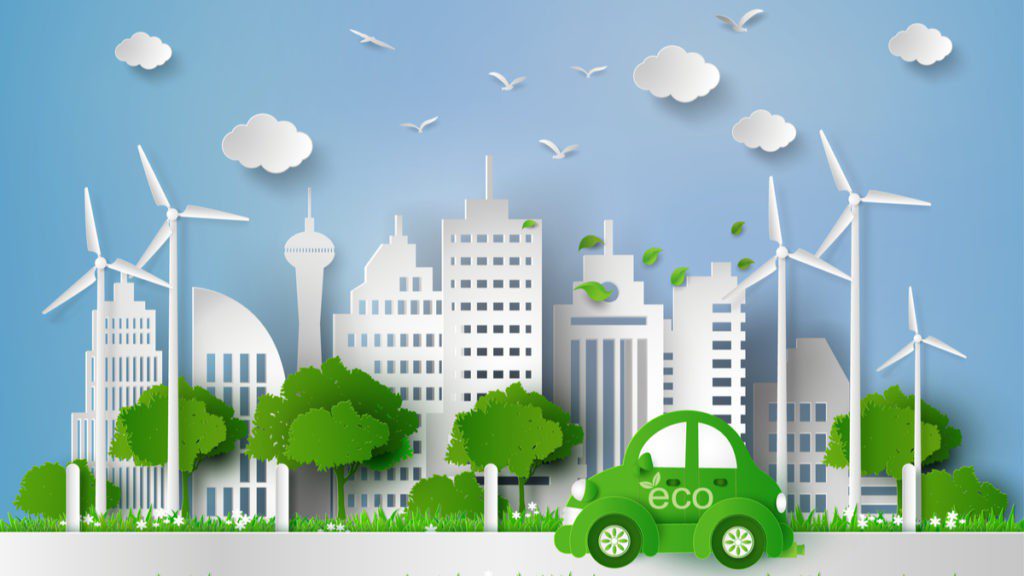
After Covid-19 caused severe economic setbacks and immense hardship, businesses are making fundamental changes to support sustainable development efforts for a more resilient economy.
Climate change, although a much talked about topic, is a rather complex one. Many companies had previously designed services or products for performance, with little (or no) regard for energy efficiency. As such, it has become an immense challenge to begin designing sustainable and affordable services that meet the demands of the market and are aligned with sustainability goals. However, experts insist that positive change must start now and requires collaborative effort from big and small players respectively.
In the Telecoms sector, BT Group has announced the launch of the Green Tech Innovation Platform, an eco-focused incubator, and has joined forces with the Climate Group to launch a new partnership called, The UK Electric Fleets Alliance, to promote a faster transition in the use of electric vehicles. According to reports, BT Group has the second largest commercial fleet in the UK with almost 34,000 vehicles. A consistent advocate for sustainability, BT is the joint-largest private purchaser of electricity in the United Kingdom and 100% of the electricity purchased by the company from energy suppliers comes from renewable resources. An Initiative like this could not be more timely – the UK Government has already shown ardent support to the early market of electric and other low emission vehicles.
BT Chief Executive Philip Jansen said, “As we emerge from the crisis, the recovery presents a huge opportunity for Governments, businesses and individuals to put action on climate at the heart of their efforts. We will be playing our part with a once-in-a-generation investment in the UK’s digital infrastructure: full fibre broadband to 20 million premises, as well as our continued investment in 5G mobile. We will also be backing new green technologies through our Green Tech Innovation Platform. BT is stepping up on climate action and we want to encourage and help others to do the same.”
For those of you who are familiar with the term. A carbon footprint is the amount of greenhouse gas emissions that are caused from the production process, use and end-of-life of a product or service. The ICT sector’s Carbon Footprint is the amount of carbon generated by the information and communication technology sector.
To highlight the importance of turning green in telecommunications, the carbon footprint for information and telecommunication technologies (ICT) global CO2 footprint accounted for 2% of all emissions (in 2007) which was projected to double to 4% by 2020.
Meanwhile, the global use of internet which relies on producing carbon is estimated to grow 30% to 40% per year. This means the internet will experience 30 times its current traffic in 10 years, in other words, ICT will consume about 60% of global energy resources.
While lockdowns and curfews have limited carbon emissions and improved air quality in towns and cities around the world, the global climate crisis is still present and requires the implementation of innovative measures across industries to reduce the negative effects of carbon emissions in the future.